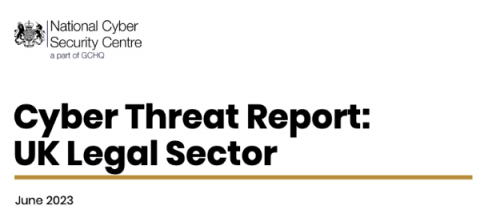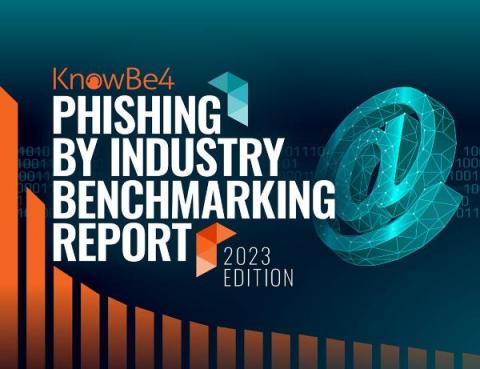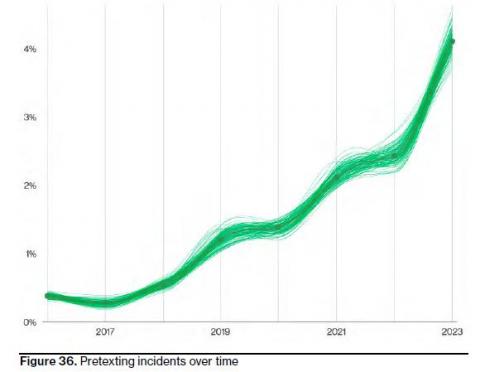HTML Files Top the List as the Most Commonly Used Malicious Attachment
As executables and scripts are unable to bypass security solutions as attachments, cybercriminals turn to HTML as a means of obfuscation and malicious execution. According to analysis from security vendor Avanan, executables and Office documents as malicious attachments are almost non-existent – thanks to the solid efforts on the part of security companies and Microsoft.










